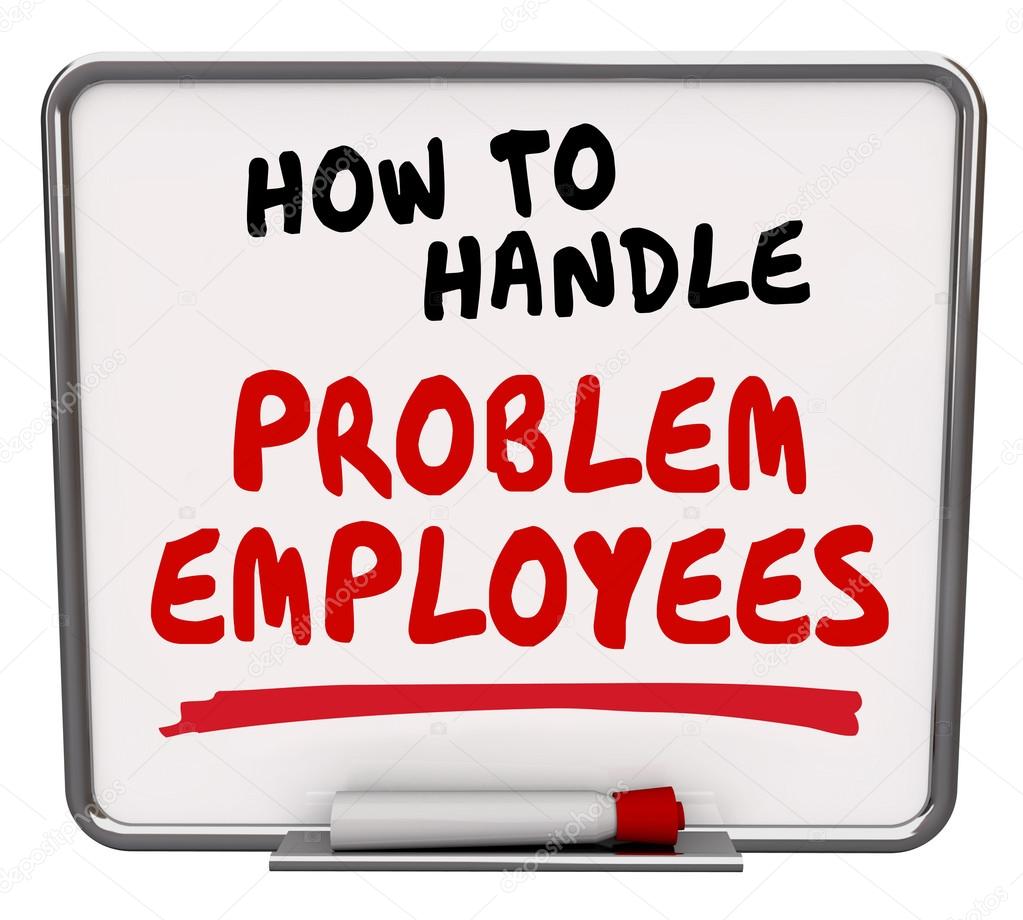Awe-Inspiring Examples Of Info About How To Handle Fighting Employees

Act and react objectively in the workplace.
How to handle fighting employees. This way you can hear people's concerns in a safe,. Speak to team members individually. Prohibit the possession of all weapons, either inside the workplace or transported in an employee's vehicle on company property.
Direct participants to use “i” statements, not “you” statements. Grievances arising within the team. Having studied conflict management and resolution over the past several years, the author outlines seven principles to help you work more effectively with difficult colleagues:
Getting employees to agree on something can help defuse a. Your relationships with each team member. Lacking empathy, kindness, courtesy or appreciation for others.
Learning how to resolve conflicts can help you know how to address future conflict in your own department. Send each employee involved in the fight to a different. How to handle fighting employees 1.
Some additional ideas you can use to handle conflicts among your staff members include: Ask each participant to describe the conflict, including desired changes. Employee to employee:
Request that each employee wait for you in a private area. Undermining others work, or taking credit for it. Although it is common for individuals to act in an emotional and subjective way, you should always strive to be as.
When employees are fighting, meet with each party individually to hear their side of the story. It’s your responsibility to actively address the issue. If people in your team fight in the workplace, don’t ignore it or assume the issue will resolve itself.
Addressing a dispute might be tense, awkward, or worse, but resolving the conflict will be worth it in the long run. Playing by the book can give you a sense of security, help you stay on track,. Don’t make rash judgments or take sides when employee conflicts arise, senior leaders should not make rash judgments or take sides.
For instance, make it known that you are someone who follows rules and procedures. While your colleague is complaining to you, it is important that you express empathy, but this doesn’t mean you should openly agree with them. Complaining and criticizing more than complimenting;.
They should focus on specific. In the course, hsieh outlines three types of fairness you can use when helping employees solve conflicts: Allow them to express their frustrations, and actively listen before responding.



 - Talaera Business English.png)














